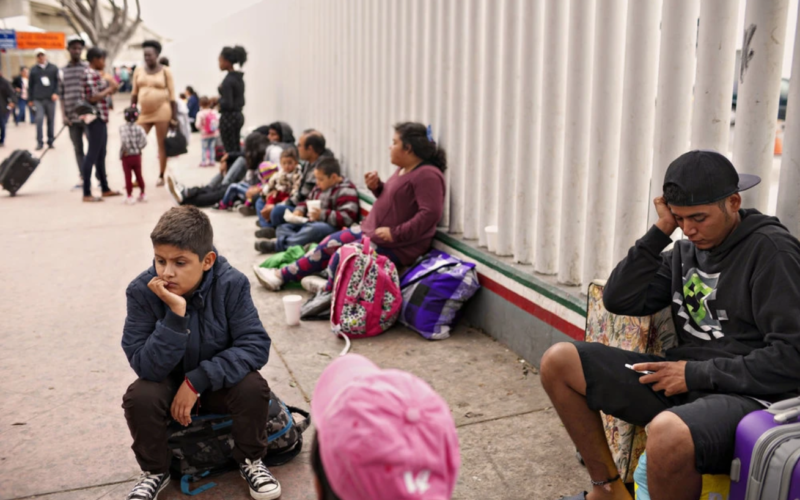The opportunity to meaningfully support immigrant families separated at the border during the Trump administration’s zero-tolerance policy is narrowing as a proposed settlement awaits final approval in a federal court hearing on December 8. The settlement, resulting from a class action lawsuit by the American Civil Liberties Union, falls short of the moral obligation to redress the harm inflicted on over 5,000 children and their parents.
While the settlement promises some temporary benefits, including work authorization, short-term housing, medical assistance, and an opportunity for permanent immigration status through the asylum system, critics argue that it lacks the depth needed to provide stability and genuine support for families trying to rebuild their lives. The proposed relief, spanning only eight years, does not align with the gravity of the trauma suffered by these families.
To adequately address the harm inflicted, advocates emphasize the necessity of granting separated families permanent immigration status, monetary damages, and accountability for the enduring hardships they face. Families should be relieved of the constant fear of deportation, enabling them to focus on rebuilding their lives without looming uncertainty.
Reunification efforts are complicated by the fact that many parents were deported while their children remained in the United States, leading to altered familial dynamics. The trauma of abrupt forced separation has left indelible marks on both parents and children, necessitating time, effort, and supportive services to repair the ruptured bonds.
While the proposed settlement offers temporary status and an opportunity to apply for asylum, it falls short in providing legal representation, leaving families to navigate the complexities of asylum law on their own. Considering the low asylum approval rates from federal agencies, this poses a significant challenge for families seeking reunification.
Monetary compensation is also advocated as a form of acknowledgment of the government’s responsibility for the horrors of family separation. While no amount of money can fully compensate for lost years and health impacts, it serves as a partial admission of guilt and offers practical support to families facing financial struggles amid the aftermath of separation.
Child health experts have highlighted the negative impact of family separation on children’s mental health and long-term development. Trauma persists even after reunification, with families struggling to cope with the lasting effects. The Biden administration’s withdrawal from compensation negotiations in December 2021 and its defense of the Trump administration’s actions in court filings have further fueled the need for comprehensive redress.
Advocates argue that it is not too late for Congress to intervene, urging the creation of permanent immigration status for separated parents and children. Alternatively, allocating funds for full legal representation for every separated family applying for asylum under the settlement is proposed as a step toward justice. The Biden administration is called upon to cease its defense of the family separation policy in court and return to settlement negotiations for monetary damages lawsuits.
As the federal court decision on December 8 approaches, the urgency to rectify the profound stain on the nation’s history grows. Advocates stress the need for more significant recompense and accountability, asserting that until meaningful redress occurs, the failure to address the harms of family separation remains almost as shameful as the original policy itself.








